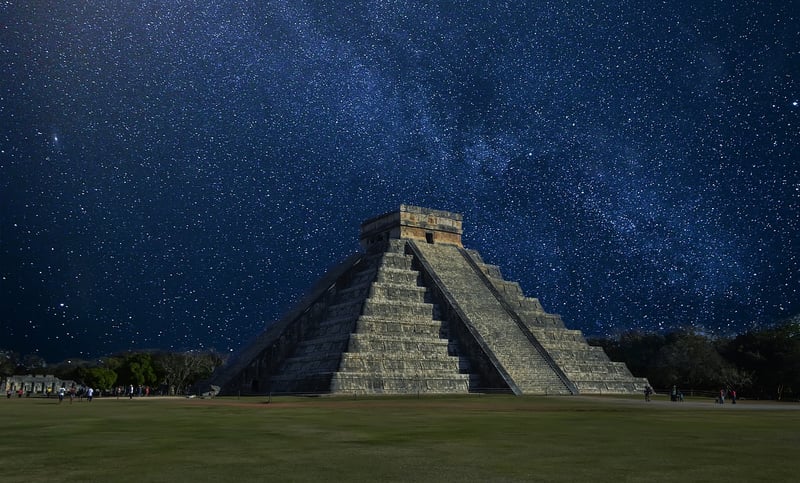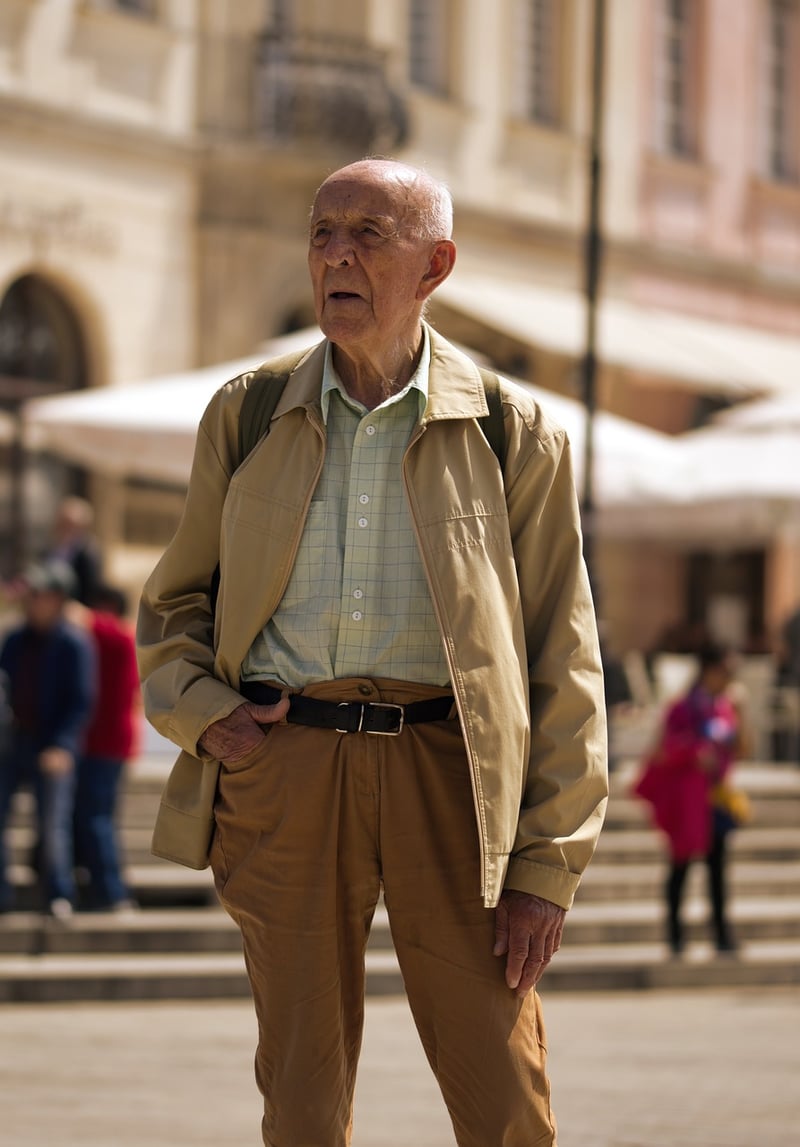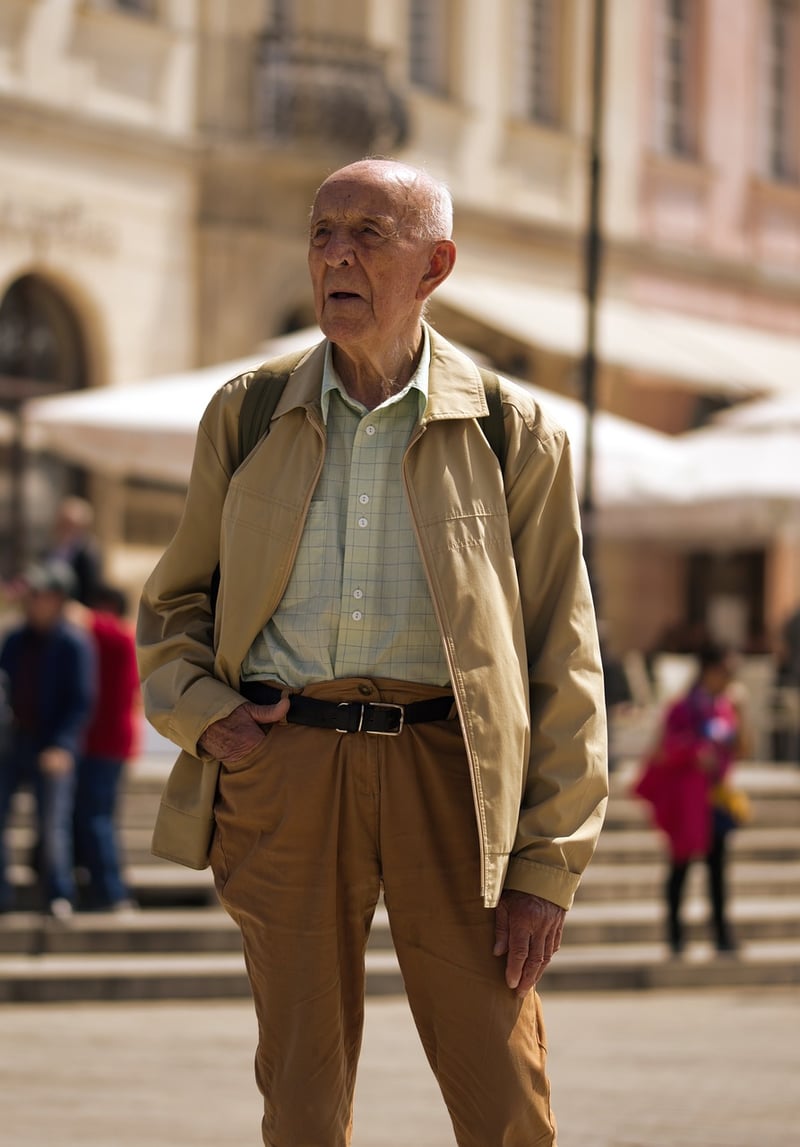Lost Civilizations
Uncovering the Mysteries of Lost Civilizations
Throughout history, there have been numerous civilizations that have risen, prospered, and eventually vanished, leaving behind only fragments of their existence. These lost civilizations continue to capture the imagination of historians, archaeologists, and enthusiasts alike. Let's delve into the intriguing world of lost civilizations and explore the mysteries they hold.
The Enigmatic Mayan Civilization
The Maya civilization, known for its advanced knowledge of mathematics, astronomy, and architecture, thrived in Mesoamerica for centuries. Their impressive cities, such as Tikal and Palenque, were abandoned around 900 AD, leaving behind magnificent pyramids and intricate artwork. The reasons for the collapse of the Maya civilization remain a subject of debate among scholars.

The Lost City of Atlantis
One of the most famous lost civilizations is the legendary city of Atlantis. Described by the ancient Greek philosopher Plato, Atlantis was said to be a utopian society that met a catastrophic end. The exact location of Atlantis remains a mystery, with numerous theories suggesting its existence in different parts of the world.

The Ancient Mesopotamian Civilization
Mesopotamia, often referred to as the cradle of civilization, was home to ancient cultures such as the Sumerians, Akkadians, Babylonians, and Assyrians. These civilizations made significant contributions to writing, agriculture, and governance. Despite their advancements, the once-thriving cities of Mesopotamia eventually fell into ruin, leaving behind ziggurats and cuneiform tablets.

Unraveling the Past
Exploring lost civilizations allows us to connect with our shared human heritage and understand the rise and fall of ancient societies. By studying the remnants of these civilizations, we gain insights into their beliefs, innovations, and challenges, offering a glimpse into the complexity of the past.
Join us on a journey through time as we uncover the mysteries of lost civilizations and piece together the puzzle of our collective history.
